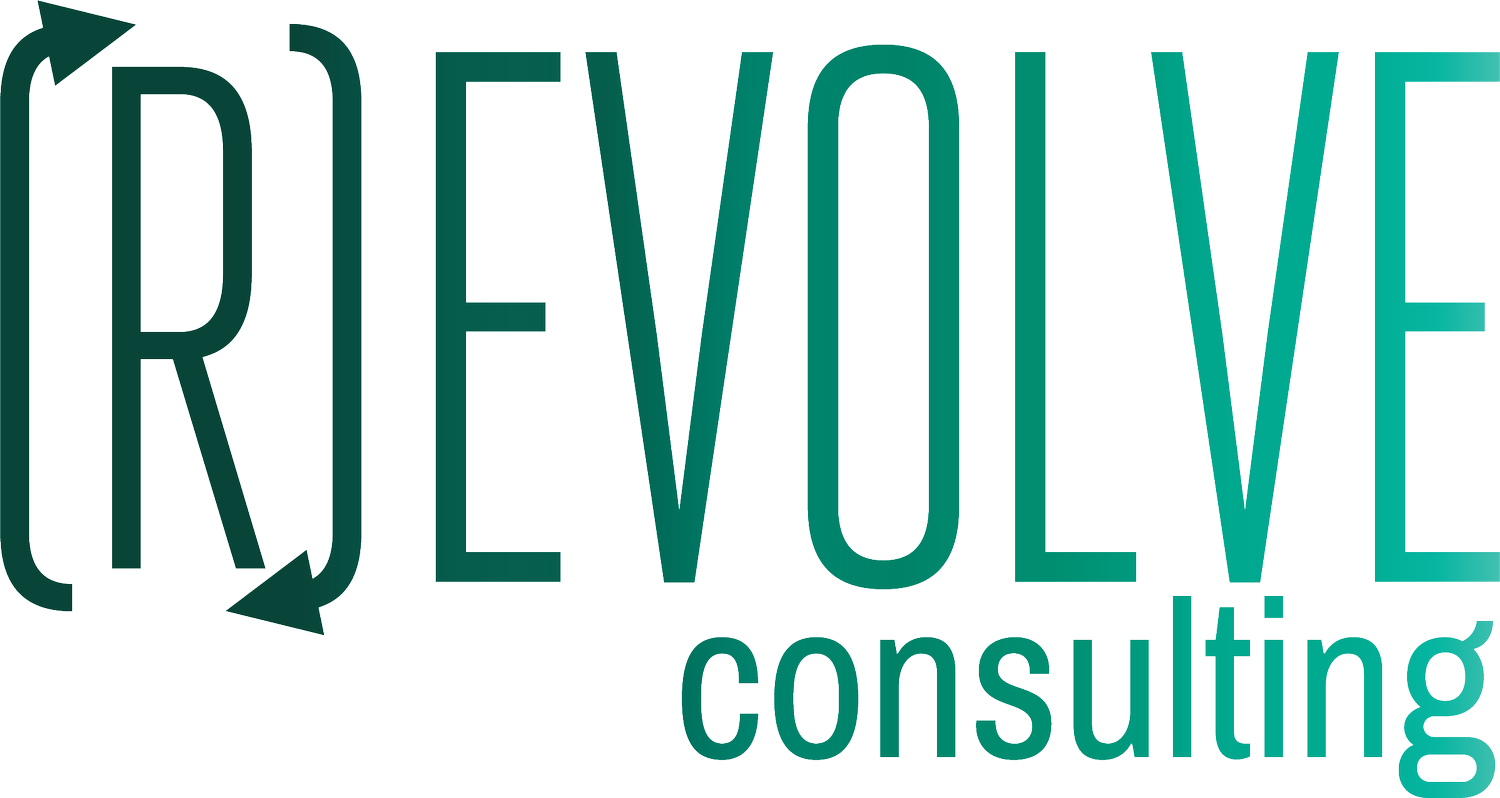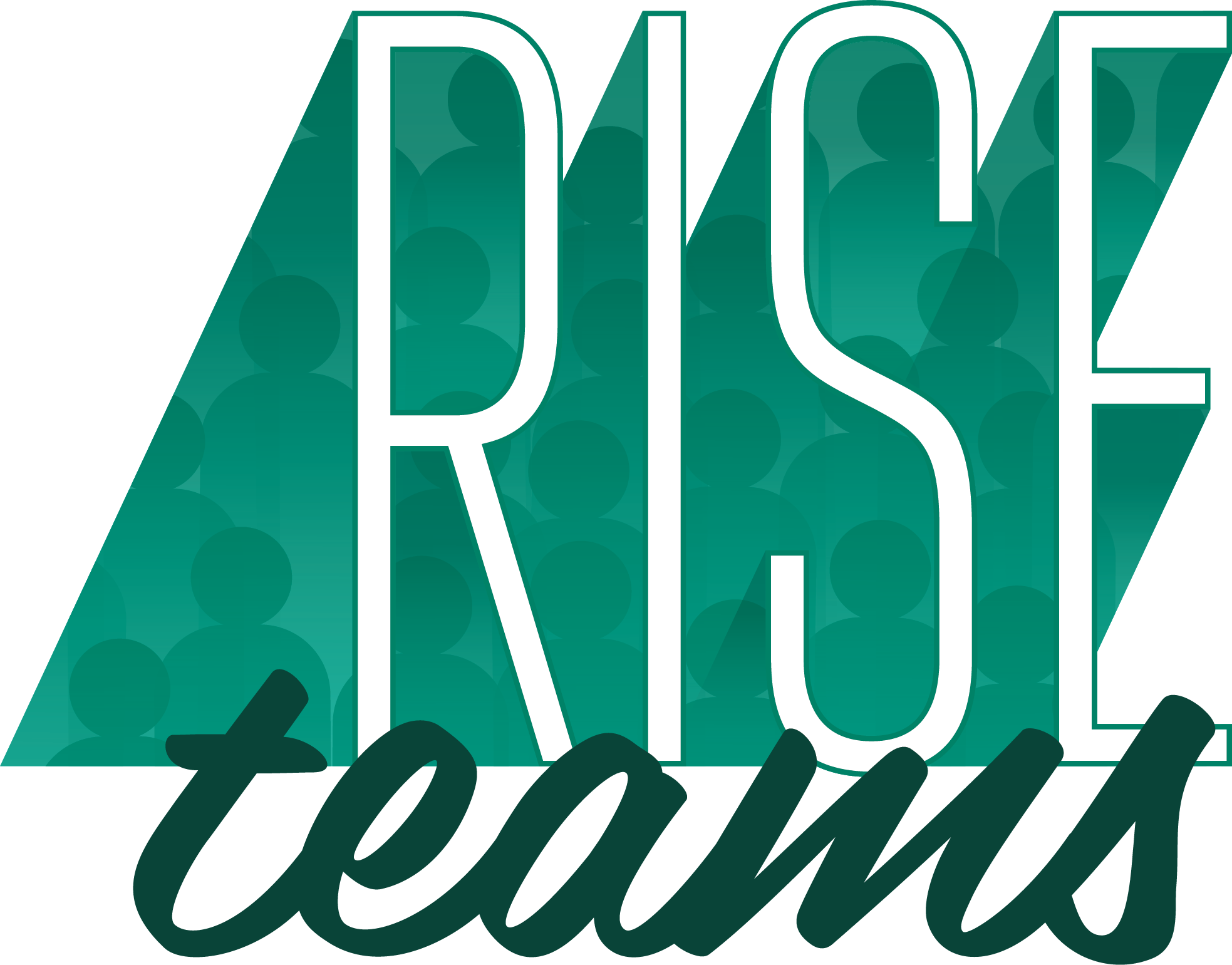Simple
Sustainable
Belonging
RISE Teams OVERVIEW
TM
-
RISE Teams are peer-run support structures designed to nourish and sustain a culture of belonging. They are organized to facilitate a sense of community across organizations, by grouping those team members who do not regularly work together inside of diverse teams where they will help them build a culture of belonging. Together they will RISE: recognize, intervene, support, and engage one another.
RISE Teams can help make your belonging-centered work tangible, and help team members understand how to operationalize your belonging intentions.
-
Group cohesion and teamwork are often inhibited by a lack of relationship building, in particular interdepartmental relationships.
For many people, a sense of feeling connected to others is critical to their sense of being valued inside an organization.
Communication within organizations can be complicated, in particular when we feel isolated or disconnected.
Retaining talent when people do not feel respected, or feel isolated, is more challenging than ever
Many organizations have gone to hybrid working modalities and have found it a struggle to create a sense of community among team members.
For organizations with affinity groups or ERGs, they give those who do not participate in those groups a space to connect with others across the organization, and contribute to building and sustaining a culture of belonging
Increased exposure to diverse teams helps to broaden perspectives which can enhance the quality and impact of work product, as well as innovation
RISE Teams help you to promote group collaboration and cohesion in all of these areas, with minimal time or financial investment.
This content represents the basics for how to get RISE Team’s started in your organization.
Full Kickoff (comes with facilitator’s guide)
RISE Foundation 1 - Recognize
RISE Foundation 2 - Intervene
RISE Foundation 3 - Support
RISE Foundation 4 - Engage
RISE Team Essentials
This content represents an opportunity to advance and enhance skills, relationships, and efficacy of RISE Team’s.
Session 1 - Where biases come from
Session 2 - How biases manifest
Session 3 - Intent & impact
Session 4 - Calling In Part 1 - Intervene
Session 5 - Calling in Part 2 (Practice) - Intervene
Session 6 - Being Called In - Support & Engage
Session 7 - The “But what about when’s?” - Intervene (practice)
Session 8 - Gratitude & acknowledgement
RISE Team Evolution
Kristin Umland, President, Illustrative Mathematics
As a completely remote organization, we have had challenges building community and helping people develop the trust needed to engage in our diversity, equity, inclusion, and belonging (DEIB) work. (R)EVOLVE worked with us to set up RISE teams to provide a structure that we could use to build safe spaces for hard conversations. The teams have been a critical component in advancing our DEIB initiatives while facilitating enhanced cohesion among our team members. RISE Teams provide an invaluable structure that has accelerated our progress and strengthened our professional relationships. While we have completed the curriculum, we have continued to rely on the RISE Teams for our ongoing DEIB work.
RISE Team FAQs
How should teams be assigned?
Participants self-select their teams based on the parameters provided during the Full Kickoff sessions. These parameters have been curated to create teams that are both diverse and facilitate open and productive communication.
How do we accommodate new team members if RISE Teams have already formed?
Before assigning a new member, it's recommended to consult with the existing teams first. This maintains open communication and allows teams to provide input on the potential addition. Additionally, consider assessing which group would benefit the most from the inclusion of a new member before placing them. You may also consider forming new RISE Teams if enough new interest is occurring.
How do I generate interest for RISE Teams?
Ensure employees are compensated for participation.
Send invites using your communication system.
Promotional video for RISE Teams is provided.
Sample emails are provided.
How long should RISE Teams run?
It is advised that RISE Teams operate a minimum of 8 months with a maximum of 12 months. Teams need to incorporate a clearly defined end date. This approach 1) ensures teams have enough time to build relationships and benefit from their time together, and 2) maintains the teams’ momentum by emphasizing the importance of having a distinct and predetermined conclusion to the team's duration. This limit also then allows for teams to be reconstructed after the year, to support the facilitation of new connections.
Where should RISE Teams meet?
Teams are encouraged to meet in the format that suits them best, and this flexibility can evolve throughout their experience. The priority is connecting with colleagues, so explore various environments outside of the typical work setting. Whether it's at a coffee shop, restaurant, or during a picnic at the park, adapting the meeting format to different settings can add a refreshing, fun, and dynamic element to the team experience. Emphasizing restoration and connection over the rigidity of meeting spaces contributes to a more engaging and enjoyable collaborative experience.
How often should RISE Teams meet?
The suggestion is for teams to gather monthly. This frequency is designed to prevent burnout while maintaining a sense of consistency. Monthly meetings offer the opportunity to revisit and follow up on previously discussed concepts, ensuring a continuous and structured approach to collaboration. This balanced schedule aims to promote sustained productivity and engagement without the risk of excessive strain on team members.
How do I ensure/track participation?
The simplest way is to ask teams to report back every 2-3 months. This can be done with a simple email, Slack/IM, or short (2-3 question) survey. A sample survey is provided in the RISE Team materials.

